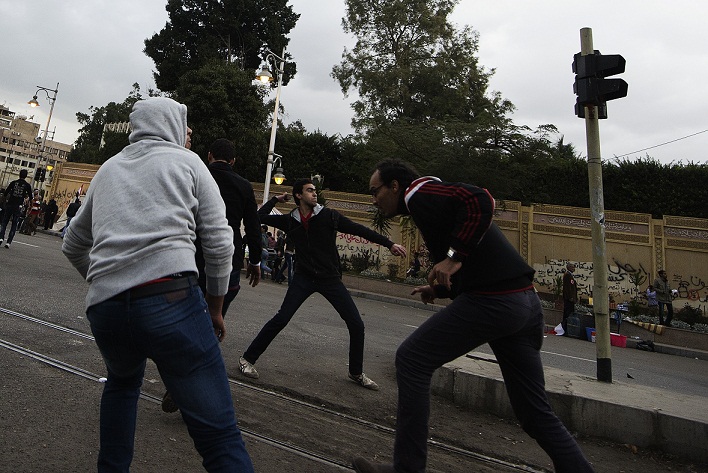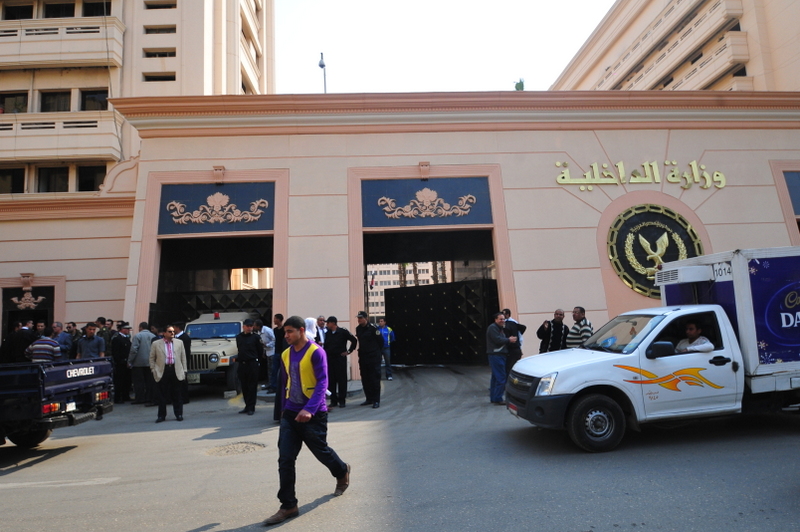CAIRO: The Administrative Court of the State Council ruled Tuesday in favor of Prosecutor General Abdel-Meguid Mahmoud’s request to ban MP Hany Sorour and his sister Nivan from traveling pending their retrial in the defective blood bags case by the Cairo Appeals Court.
Following the exoneration of Sorour and six others accused of distributing defective blood bags to public hospitals last April, the Prosecutor General had repealed the verdict and issued a decree banning Sorour, owner of Hidelina, and his sister Nivan, a Hidelina board member, from traveling.
The Appeals Court annulled the exoneration by the Cairo Criminal Court and ordered that the case be reopened for a retrial before a new panel of judges. The trial is scheduled to begin April 18.
Meanwhile, Sorour had challenged the prosecutor general’s decree at the Administrative Court.
Others implicated in the case were Helmi Salah Al-Din, general manager of the blood affairs department at the Ministry of Health; Mohamed Wagdan, chairman of the technical center at Hidelina; and three other company employees:Wafaa Abdel Rahim, Ashraf Ishaq and Fathia Abdel Rahim.
The case garnered public attention in 2007, since Sorour is a member of the ruling National Democratic Party (NDP) and a former member of parliament’s economic affairs committee. He was stripped of his parliamentary immunity in January 2007.
The trial also featured high-profile testimonies, including a testimony in favor of Hidelina by Minister of Health Hatem El-Gabaly, who told the court that there had been no reported cases of infections or deaths caused by infected blood bags.
Following the exoneration by the Cairo Criminal Court, Abdel Rahman Shahin, spokesperson at the Ministry of Health, told Daily News Egypt that he will not comment on the verdict, but reiterated the ministry’s previous position that “the defects found in Hidelina’s products were purely industrial and did not have any adverse effects on the health of the citizens who used them.
Nevertheless, Mahmoud had asserted that the verdict was contrary to the evidence presented in court, including forensic reports indicating that the defects in the blood bags were due to faults in the production process and not bad storage methods.
The trial began in mid-2007 after an employee at the Ministry of Health, Soheir El-Sharkawi, exposed 200,000 defective blood bags provided by Hidelina in the ministry’s storage.
Hidelina was accused of producing defective blood bags ripe with bacteria and fungi that could cause cancer and hepatitis.


